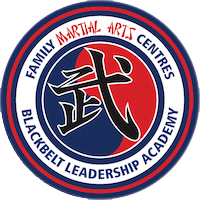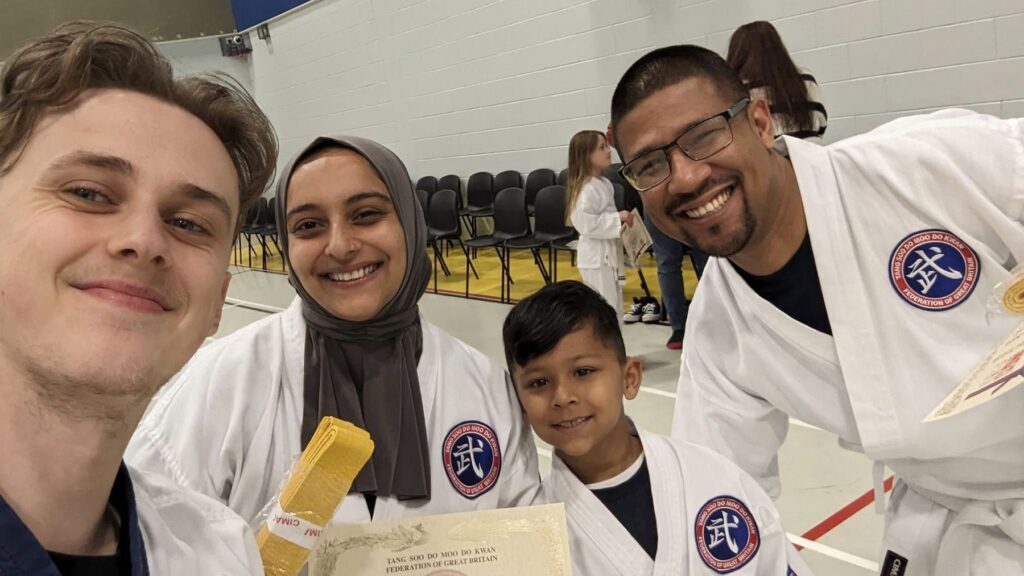In a world where children are constantly bombarded with various stimuli, the quest for activities that promote both physical and mental well-being has become more crucial than ever. Martial arts stands out as a holistic discipline that not only hones physical skills but also nurtures mental resilience and emotional intelligence in children. As a Master of Martial Arts and someone interested in Child Psychology, I am eager to explore the myriad benefits that martial arts bring to children and families alike.
Physical Fitness and Coordination:
One of the most evident advantages of enrolling children in martial arts classes is the development of physical fitness and coordination. Through a combination of rigorous training, including kicks, punches, and various drills, children enhance their agility, strength, and overall fitness. This not only contributes to a healthy lifestyle but also instils the importance of regular exercise from a young age.
Discipline and Focus:
Martial arts is deeply rooted in principles of discipline, respect, and focus. As children progress through their training, they learn to adhere to rules, follow instructions, and respect both their peers and instructors. The structured nature of martial arts classes cultivates a sense of responsibility and concentration, skills that extend far beyond the dojang (dojo) and into various aspects of a child’s life.
Self-Confidence and Empowerment:
One of the most rewarding aspects of teaching martial arts to children is witnessing the boost in their self-confidence. As they master new techniques and progress through belts, children gain a profound sense of accomplishment. This newfound confidence transcends the martial arts studio, empowering children to face challenges, make decisions, and communicate effectively in their daily lives.
Emotional Regulation and Stress Relief:
In the fast-paced and often stressful world children navigate today, the importance of emotional regulation cannot be overstated. Martial arts provides a unique outlet for children to channel their energy positively and learn effective strategies for managing stress and frustration. Breathing techniques, meditation, and mindfulness exercises incorporated into martial arts training contribute to emotional resilience and self-control.
Teamwork and Social Skills:
While martial arts may be an individual pursuit, many classes involve group activities and partner drills. This fosters a sense of camaraderie and teamwork among children. Through shared goals and challenges, children learn to work collaboratively, communicate effectively, and develop lasting friendships, promoting a sense of community within the martial arts studio.
Bullying Prevention and Conflict Resolution:
Martial arts equips children with valuable tools to handle bullying and conflicts peacefully. By teaching self-defence techniques and emphasizing the importance of non-violent conflict resolution, children gain the confidence to stand up for themselves while also understanding the significance of empathy and understanding in resolving disputes.
Conclusion:
In the dynamic landscape of child development, martial arts emerges as a powerful catalyst for physical, mental, and emotional growth. As a Martial Arts of nearly 40 years, I am enthusiastic about the positive impact that martial arts can have on children and families. By fostering discipline, self-confidence, emotional regulation, and interpersonal skills, martial arts not only shapes capable martial artists but also empowers individuals who are well-equipped to navigate the challenges of life with resilience and decency.

